10 Best Construction Management Software 2026
Discover the top 10 construction management software in 2026 to streamline tasks, boost efficiency, and manage projects with ease.
by Guillermo Sánchez
|
Managing construction projects is no small feat. Coordinating subcontractors, tracking progress, managing RFIs, and following the project schedule can quickly become overwhelming. Relying on spreadsheets and messaging apps like WhatsApp often leads to missed details and poor coordination.
That’s why many companies are turning to cloud-based construction management software. These project management tools bring all communication, documents, and workflows into one place. They give your team real-time visibility into tasks, delays, and progress throughout the project life cycle.
In this article, we’ll break down 9 of the best construction project management tools in 2025. Whether you're on a large job, leading a small crew, or focused on site safety, there’s a tool that makes managing construction easier.
What is Construction Project Management Software?
Construction project management (CPM) software helps contractors and project managers plan, track, and deliver construction projects more efficiently. Most construction project management tools include features for scheduling, budgeting, document control, and managing workers on site.
Instead of using scattered tools like email, WhatsApp, or paper forms, CPM software brings everything into one cloud-based platform. It helps teams stay organized, avoid mistakes, take responsibility, and keep the project schedule on track.
Why Use Construction Project Management Tools?
Some benefits of adopting a project management tool include:
Improved Communication: Keep everyone—from site workers to head office—on the same page.
Better Budget & Schedule Control: Track tasks, milestones, and costs in real-time.
Streamlined Reporting: Generate daily logs, inspection reports, and permit documentation digitally.
Reduced Errors & Rework: Minimize inefficient communication and lost paperwork.
Easier Handover: Document storage and audit trails make project closeouts much smoother.
Increase Worker Efficiency: Clear tasks help workers stay focused, so your team gets more done without growing your staff.
The 9 Best Construction Project Management Software Tools in 2025
1. Procore
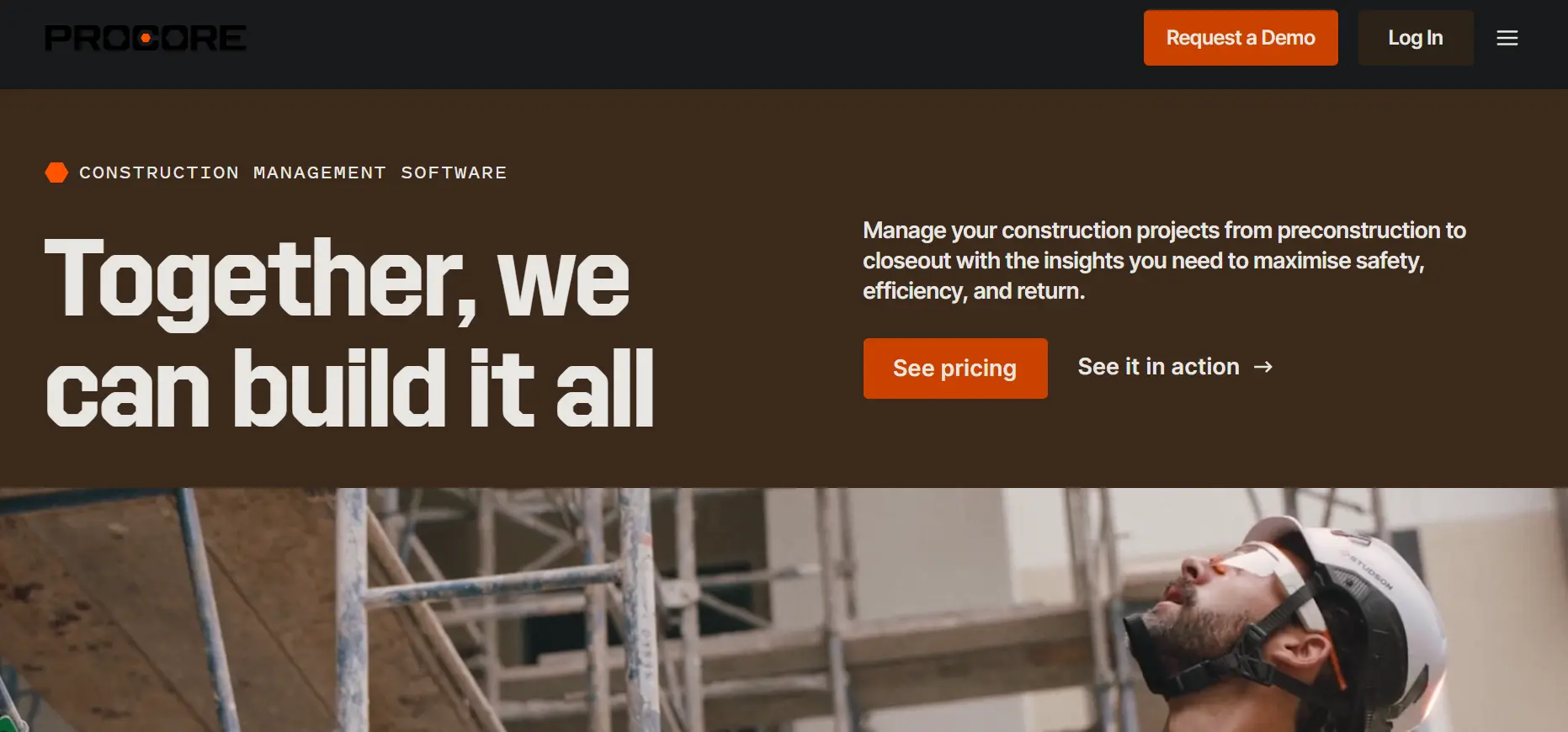
Procore is one of the most widely used tools for managing large construction projects. It offers an all-in-one solution that covers every stage of the build. Its strengths include:
Full document control (RFIs, drawings, submittals)
Field productivity tracking
Budget management and integration with ERP systems
However, Procore’s pricing and complexity often make it more suitable for enterprise-level firms.
2. Autodesk Construction Cloud
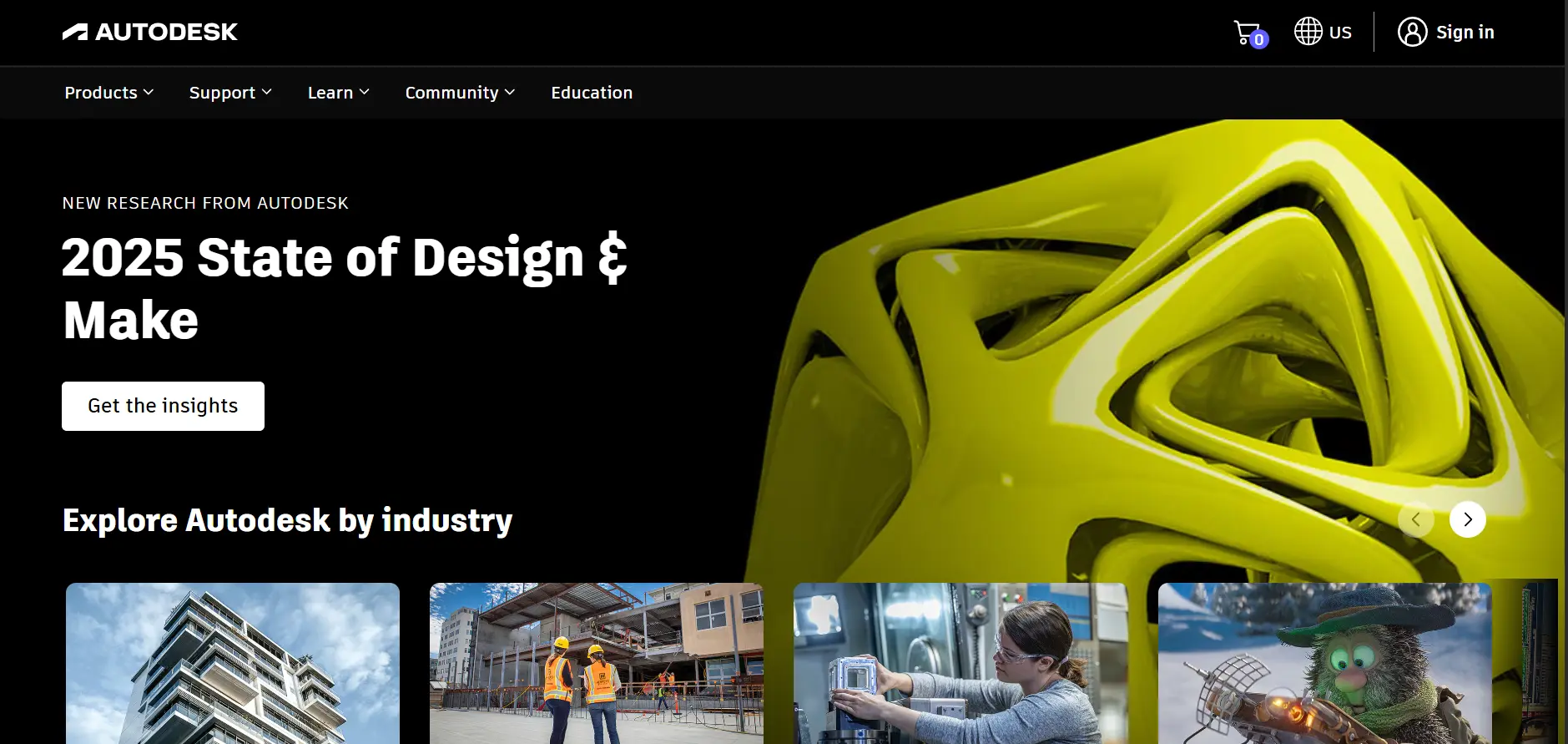
Autodesk Construction Cloud (ACC) is a great option for teams already using AutoCAD or Revit. It connects smoothly with these design tools through deep integrations.
Features include:
Design collaboration
Clash detection and coordination
Asset tracking and punch list management
A solid pick for firms doing design-build or preconstruction-heavy workflows.
3. Buildertrend
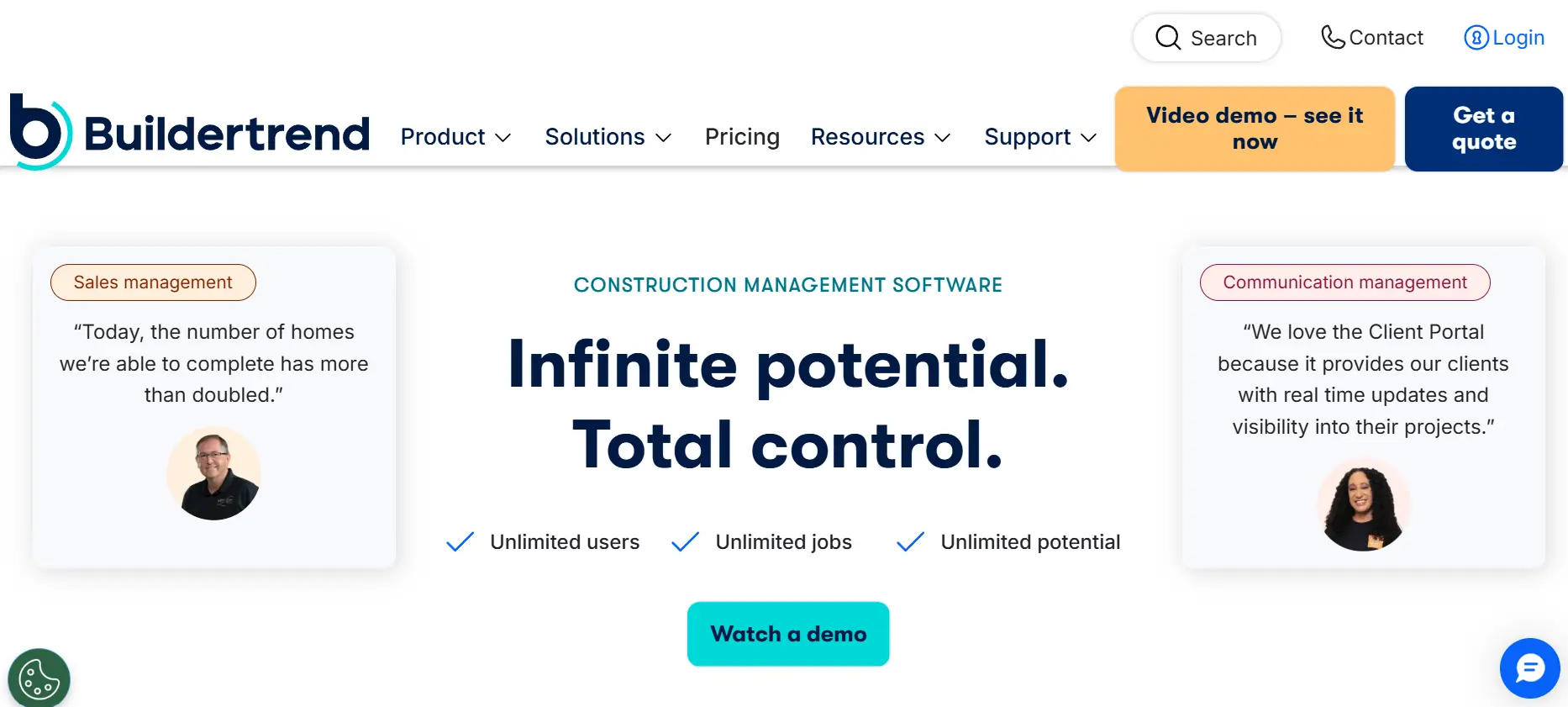
Buildertrend is popular among residential and small commercial builders. Cloud-based, user-friendly, and comes with features like:
Scheduling and Gantt charts
Change order tracking
Client communication portals
It shines in the homebuilding space, but may lack depth for larger commercial contractors.
4. PlanGrid (Now part of Autodesk Build)
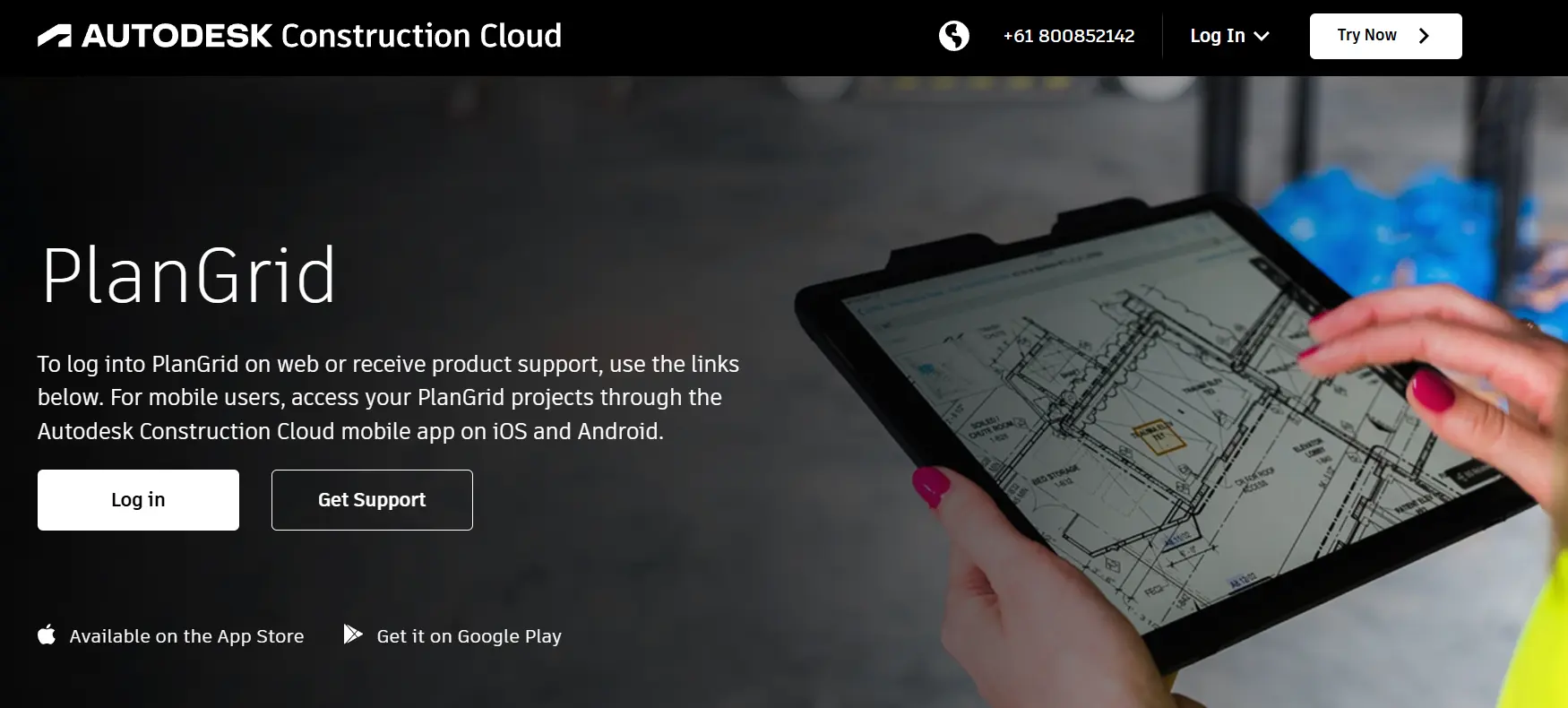
PlanGrid was one of the pioneers in mobile-first field documentation. Now under Autodesk’s umbrella, it supports:
Real-time access to updated drawings
Markups and punch lists
Daily reporting and photo logs
Its mobile app is still among the most intuitive for field teams.
5. GoBuid
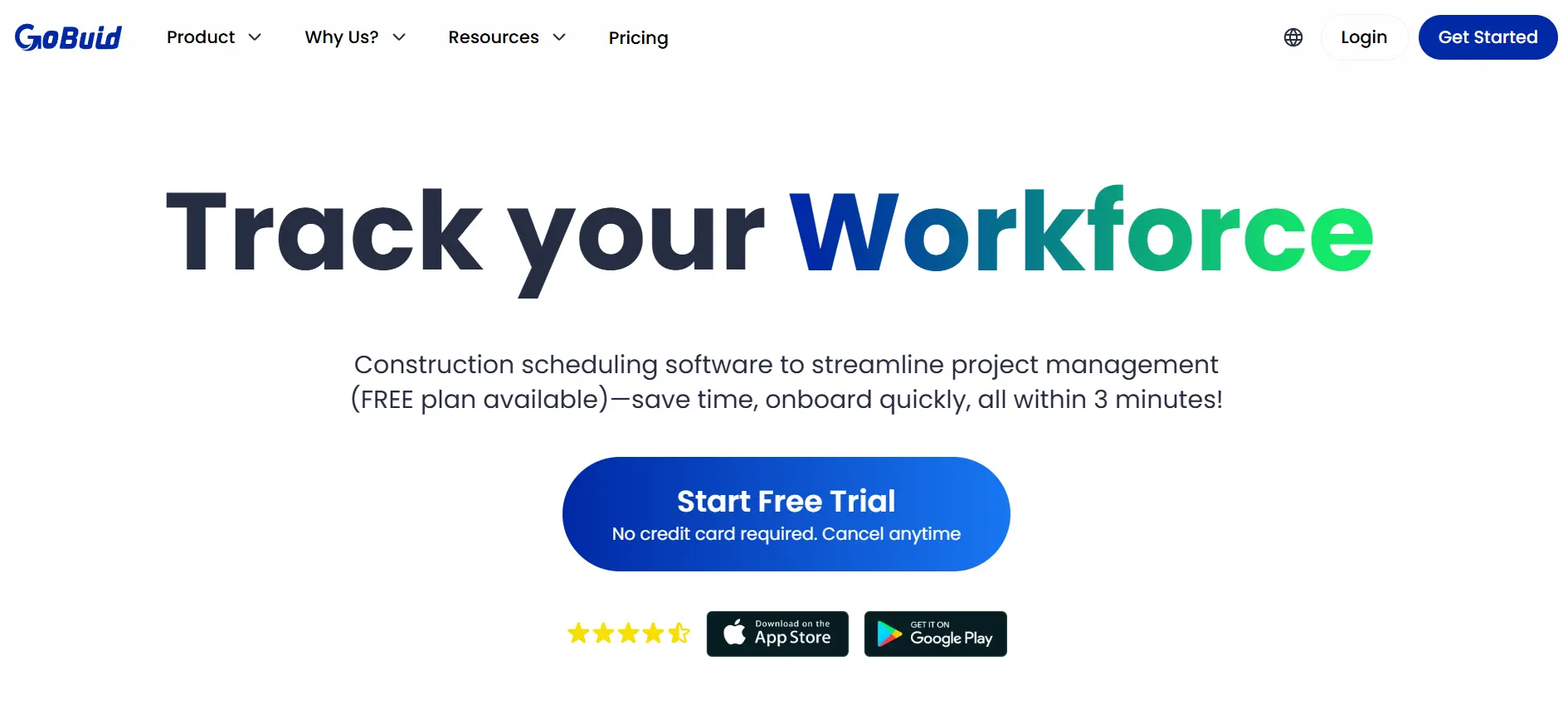
GoBuid is a rising tool specifically built for construction subcontractors and SMEs. Unlike bloated enterprise tools, GoBuid focuses on being lean, intuitive, and built for field-first teams.
Notable features include:
Digital PTW workflows: Reduce paperwork and speed up approval cycles.
Project dashboard: Track tasks, labor, materials, and costs in one place.
Mobile-First UX: Built to support both office managers and field teams, ensuring seamless access across all devices.
Custom Safety Forms & Incident Reports: Easily create and modify forms with drag-and-drop tools. Give WSH officers and site engineers the ability to document in real time.
Whether you're a plumbing subcontractor, an AV/MC specialist, or an electrical engineer managing multiple projects, GoBuid centralizes your operations with simplicity. Early users have reported saving hours per week on coordination, and reducing jobsite errors thanks to real-time visibility.
👉 Try all features free for 30 days
6. Fieldwire

Tailored for field coordination, Fieldwire is used by general contractors, specialty contractors, and facility teams alike.
Key features include:
Task management with location-based tagging
Site inspection checklists
Offline access for remote areas
Its simplicity and strong mobile interface make it great for smaller teams.
7. CoConstruct

Another favorite among residential builders, CoConstruct offers:
Pre-construction estimates and budgeting
Client selections and communications
Warranty tracking post-handover
Well-suited for custom home builders who want to streamline both internal and client-facing processes.
8. Novade

Singapore-based Novade is geared toward large infrastructure projects, and it stands out for safety and quality workflows.
Digital PTW (Permit-to-Work)
HSE inspections and incident reporting
Integration with BIM models
Ideal for firms with complex compliance or regulatory requirements, particularly in the Asia-Pacific region.
9. Monday.com (Work OS)
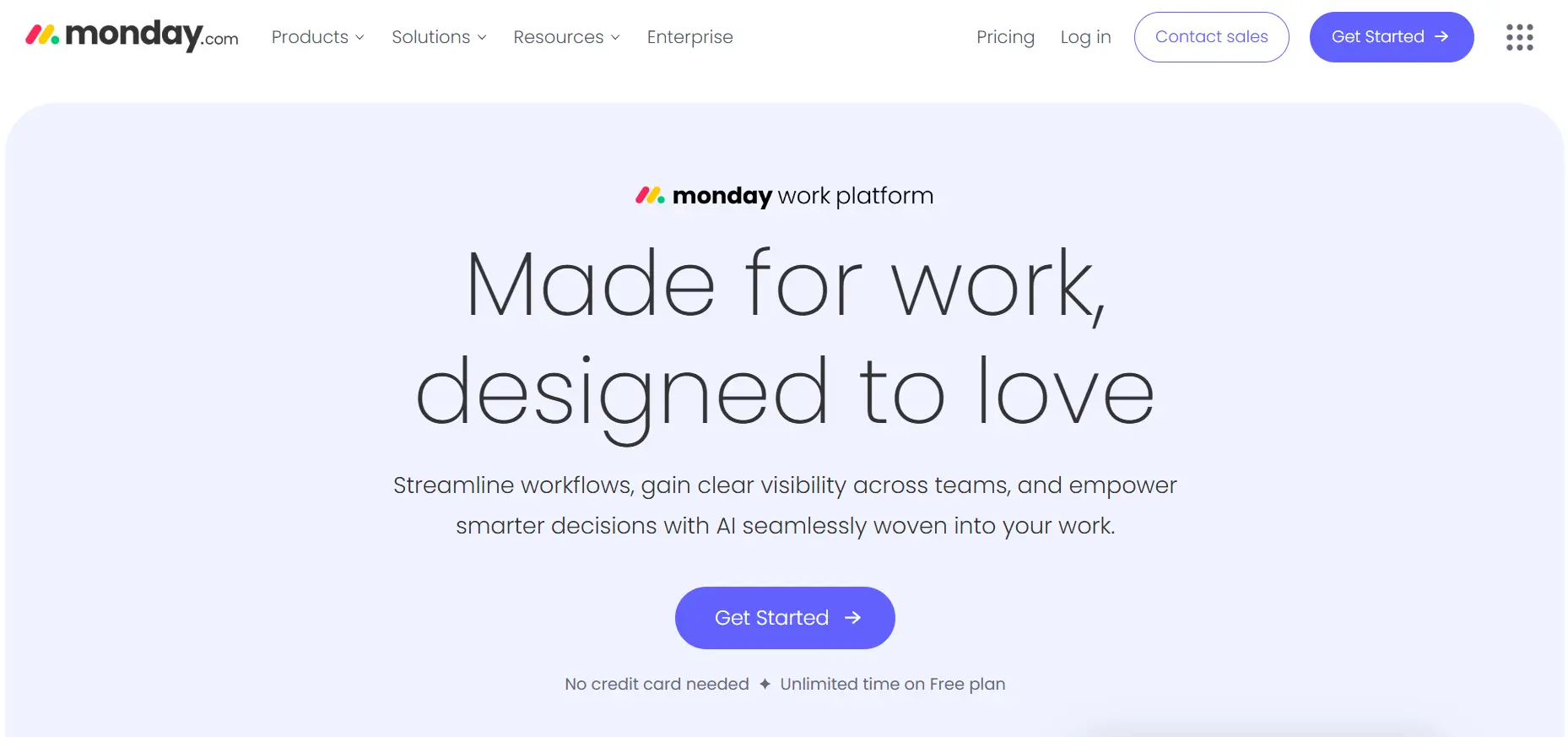
Originally a generic project management tool, Monday.com now offers a construction-specific template suite.
Flexible dashboards
Time tracking and automations
Seamless integrations with popular tools such as Slack, Google Drive, and more.
Great for flexible teams who prefer visual task boards, though it lacks some construction-specific compliance features.
Conclusion: Find the Right Fit for Your Team
Choosing the right construction project management software depends on your company size, project type, and internal workflows. If you're a large contractor working across multiple cities, enterprise solutions like Procore or Novade may suit you best.
If you're a small business or growing subcontractor, tools like GoBuid or Fieldwire are easy to set up and simple to use. They offer powerful features without making things complicated for your team.
Switching from manual work to a cloud-based system helps you save time, avoid errors, and manage projects with less stress.
